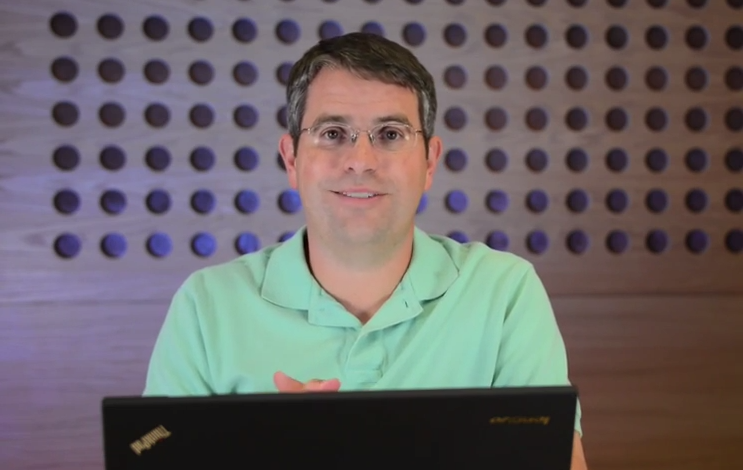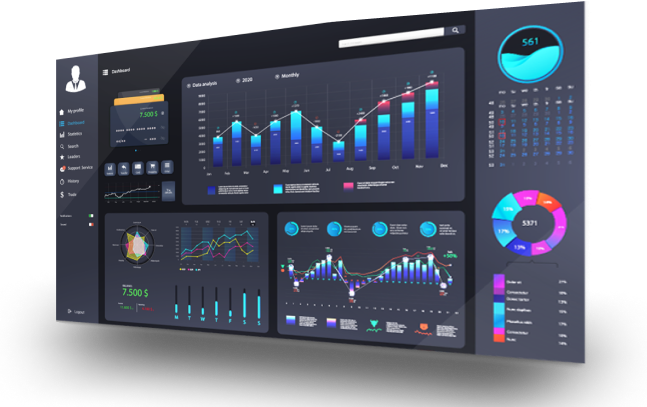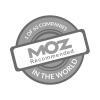 UPDATE: Google Authorship Intelligent Author Attribution?
UPDATE: Google Authorship Intelligent Author Attribution?
21 August 2013 – My friend Mike Arnesen yesterday published what looks like a possibly amazing revelation about how Google may be moving forward with both Authorship attribution and author subject relevance.
In his post Authorship Update: Intelligent Authorship Attribution, Mike starts out by telling us that several months ago his agency launched an entirely new website. Whether by oversight or design, he doesn’t say, they did not put any authorship markup on the new site. But the other day Mike was doing a site-specific search for their domain and made a stunning discovery.
Google had not only attributed authorship to some of their pages (which we’ve seen happen before), but all the attributions were “correct” from a topical standpoint even though those pages not only didn’t have authorship markup, they didn’t even have the names of the people involved!
Let that sink in. Because of past associations, Google was able to make an assumption that Mike and some of his co-workers were likely authors on the Swellpath site. But Google went beyond that to make a (highly-accurate, as it turned out) educated guess as to which subject pages ought to be associated with each author. Which means (it appears) that Google has a good understanding of the topical authority of each of those authors, one of the very foundations of what we’ve been calling Author Rank.
We’ll need to watch this carefully, and I’d like to see more corroborating examples. But it feeds my growing hunch that some kind of topical authority, perhaps just for best-known authors, is already in use. Stay tuned!
Another Authorship Development: In their announcement about their new In-Depth Articles in Search feature, Google included as one of their suggestions for how to qualify for the feature having Authorship connected to your articles. Click the link in the previous sentence to get my take on the implications of that for Google Authorship.
Here’s my original post:
Google Authorship Update
I should probably take a temporary suspension from my reputation as an Authorship expert for having missed this Google Authorship update video from Matt Cutts back in June. But it’s still valuable information, so allow me to make up for lost time!
In the video embedded below, published 9 June 2013, Google’s Matt Cutts answers the following question:
“Will Google be evaluating the use of rel=author moving forward as more sites use the feature on generic, non-article/news pages, such as on a home page or about page?”
Matt’s answer has several interesting nuggets that I’ll outline for you here. Watch his complete answer below.
1. Google is moving forward with Authorship/rel=author
Matt says that he remains very excited about the possibilities of rel=author, and if Matt remains excited about it, then it’s a fair bet that Google still is. I always keep in mind that Matt and his team select which questions get answered in these Webmaster videos from the many hundreds (thousands?) of questions they receive. Therefore it makes sense to believe that they are strategic about their choices, and aren’t going to waste time answering about features that Google plans to abandon. It’s worth noting that there have been several videos related to Authorship in the past few months.
2. Authorship will be used to boost subject authorities
Even though the question didn’t ask about this (the question was really about whether rel=author might have a negative effect for spammy uses), Matt launches right in with the reason he remains excited about Authorship: it will help Google identify genuine subject authorities. And why else would Google care about “identifying” those authorities but to give them a boost.
3. Authorship will boost content of a trusted author even if its posted on a low-authority site
This is a very significant reveal, one we haven’t heard before to my knowledge. Matt uses the example of Search Engine Land editor in chief Danny Sullivan posting something of value on a low Page Rank forum. Matt says that even though the forum itself may not have much value, Danny’s content on it still does, just because it was created by Danny. Matt says he’d like to know about such a post. And how else would he get to know about it but by a rankings boost for that post?
4. Authorship may be used to identify and devalue spammers
There has been speculation that Google might use Authorship to sniff out spammers stupid enough to connect their suspect content to it, and this is the first time we’ve heard Matt Cutts seem to confirm that. While he doesn’t come right out and say Google will do that, he does say in the video that one of the benefits you get “for free” is that “it’s harder for the spammers to hide over here in some anonymous corner.” This could mean both that Google will devalue all the content of Authorship profiles that are connected to lots of low-value crap, and/or that anonymous content that is not from a trusted author will be harder to rank in the future.
5. Authorship and Author Rank are still in their early stages and not “ready for prime time”
Matt says, “It was a lot of fun to see the initial launch of rel=author,” but they will probably “take another look and see what else need to do to turn the crank and iterate and improve how we handle rel=author.” It’s something they will continue to explore and find new ways to use as a signal. He says it’s all part of Google’s philosophy of moving away from dependence on keywords, from moving from “strings to things” (with one of those “things” being “trusted, authoritative authors”). People in the search quality team “continue to work on” how to use rel=author as one more way to improve the search experience. Notice all the language here continues to be future tense. It’s possible that Google may at present be experimenting with incorporating signals from Authorship in search rankings, but any major effect is still off in the future. But…it sounds like the project is very active and that they are determined to make it work. Someday.
Here’s the full video. See below for my takeaways, the practical steps I think you should be taking now and in the future to benefit from Authorship.
Authorship Tips and Takeaways from This Video
- Authorship is something to implement today even though many of the benefits may be future. As the Author Stats in Google Webmaster Tools show,* Google is actively tracking and collecting data on content creators using Authorship right now. When something like Author Rank kicks in, it will be important to have a long track record of content in your main topic areas that gets a lot of clicks and engagement. History counts for a lot with Google.
- Concentrate on your areas of expertise. While you should not hesitate to create whatever content you like, you will want to make sure that you are regularly creating content that demonstrates your expertise and value in your main topic areas. In conjunction with that you need to be building up influential social networks and relationships that will help get that content exposed, recommended, reshared, linked to, and engaged with. All of those will become valuable signals that will build up your Author Rank subject authority.
- Be strategic about attracting high-authority authors to your site. Matt said that it makes sense for Google to value content by a trusted author even if its posted on a low PageRank site. That means content from authors that Google trusts will bring more traffic to your site. If you are working hard to make sure everything else on your site is high value, than you may be able to attract some of those new visitors to look around, and they may begin to share out and help build the authority of your whole site.
- Your trusted author status will become a highly marketable asset. I’ve said it before and I’ll say it again: authoritative authorship linked to a social-network-supported personal brand will be the entrepreneurship of the coming years. You are your own start up. This has implications for marketing yourself for new or better jobs. Companies will want to hire proven content producers who already bring high Author Rank with them. It will make you more sought after for producing content for the very best sites and blogs. Trusted authors will get more conference speaking invitations, book deals, etc.
- Do not connect authorship to anything and everything on your site. Use it only for truly unique and valuable content pages. There are a lot of sites right now connecting authorship to things like product pages and about pages and home pages, things that don’t really qualify as unique or valuable content. That may be working right now as a short-term strategy, because if those pages show a face photo in the SERPs they may get higher CTR, but I think it will fail as a long term strategy. As Google moves more toward implementing Authorship as a search ranking signal, they are going to want to devalue any rel=author profile that is connected to a lot of non-authored pages.
- Do not connect authorship to low-value, “only for the link” content. Same reasons as in #5. If you insist on producing or purchasing crappy content that only exists to try to create manipulative links, at least don’t connect your Authorship profile to it.
Here’s more! Google recently published answers to advanced questions about Google Authorship.
Any tips you would add? Do you think I’m over-reading Matt Cutts’s statements? Do you think Google really will move toward something like Author Rank in the future?
Like this article? Please upvote it at Inbound.org, the web’s best site for user-curated inbound marketing content.











